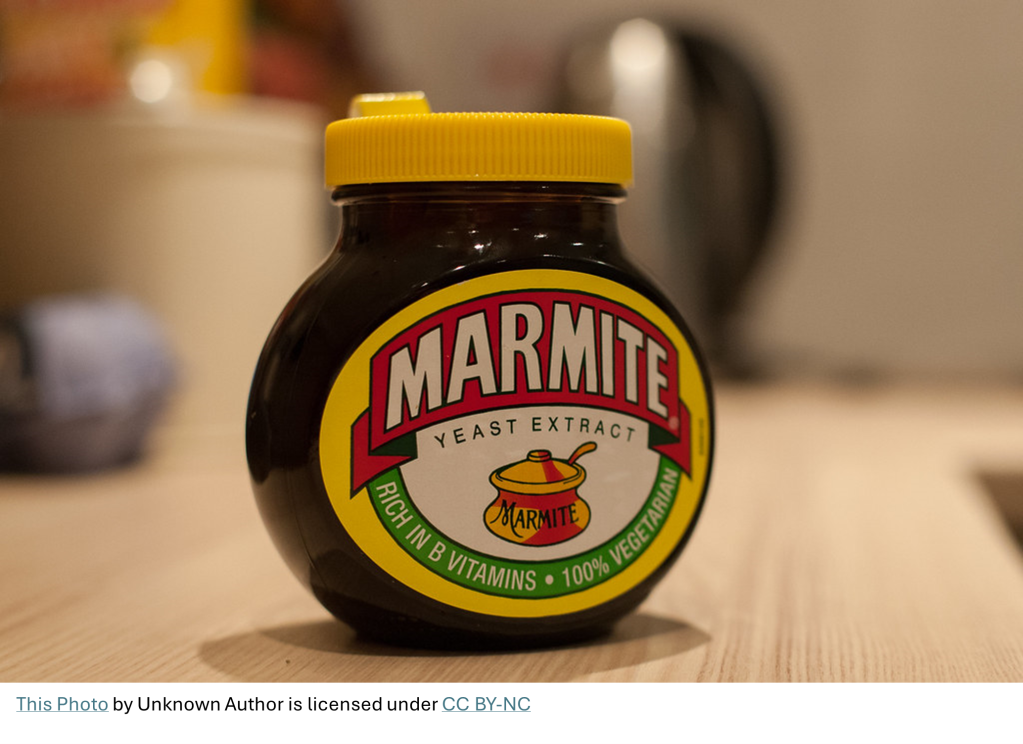As decent human beings we accept that there are people who have different taste from ourselves. Society agrees that it would be wrong to hate someone because they liked (or disliked) Marmite for instance. We know that we should not shout abuse at them because of something that they have no control about. Much of what we are is a result of our genes which have been honed through the process of evolution to provide a successful species, and it is generally accepted that it is not appropriate to judge someone on that basis. Unfortunately, this is not a universal truth as we see for example when people consider other races to be ‘inferior’ – i.e. racist behaviour. But society has agreed that this is unacceptable, and laws are drawn up in an effort to eliminate it.
And yet we seem to think it’s acceptable to mock, at best feel angry with and at worst hate those who hold different values to ourselves; the ‘left’ hates and mocks the ‘right’, and vice versa. Just look at some of the memes that populate your social media stream.
I recently discovered that there is a strong genetic basis for our political leaning (left / right), and our ‘moral’ make-up. We cannot help our ‘gut reaction’ to different actions or situations; it is largely defined by our genes. And there are profound differences between the gut reaction of different people.
If we were to think about another person’s moral matrix in the same way that we think of someone who doesn’t like Marmite then might we start to treat them more considerately?
The book ‘The Righteous Mind’ by Jonathan Haidt describes how our gut reaction defines our response to a situation, and that we then use our reasoning to justify our gut reaction; rather than the other way round. It takes a conscious effort for our reasoning to ‘train’ or change our response. If we want to persuade someone else to our point of view, we have to earn their trust before explaining how things look to us. It doesn’t help just criticising their ‘genetic’ opinion.
And it’s also worth considering whether they might just have a point, and that there is a blind spot in our own thinking. Maybe, we can reach a compromise or consensus on the best approach to an issue, combining the different viewpoints to get a full picture of a situation. Maybe the diversity of points of view that evolved in successful societies and served us well for thousands of years might be worth resurrecting, rather than the present approach of division into ‘Marmite lovers’ and ‘Marmite haters’? Think about that when you are about to ‘repost’ the latest mocking meme…

Haidt is a great read. Another good one is Moral Tribes by Joshua Greene.
LikeLiked by 1 person